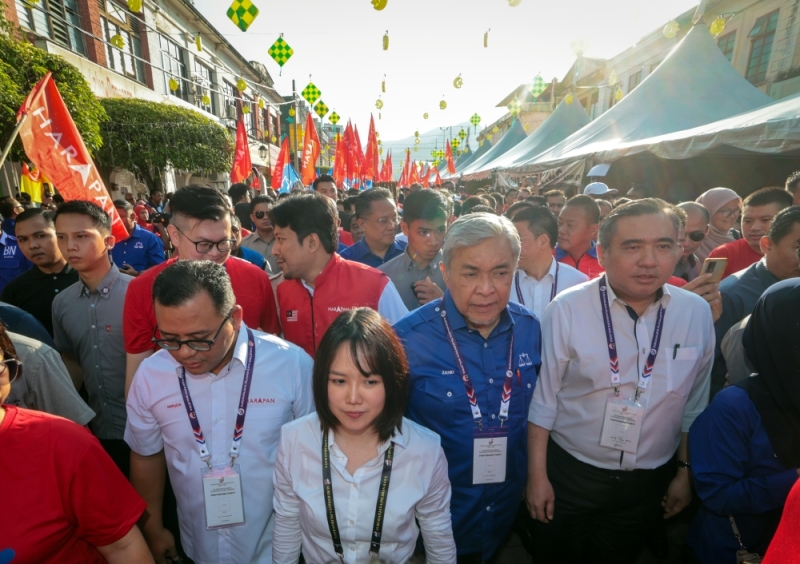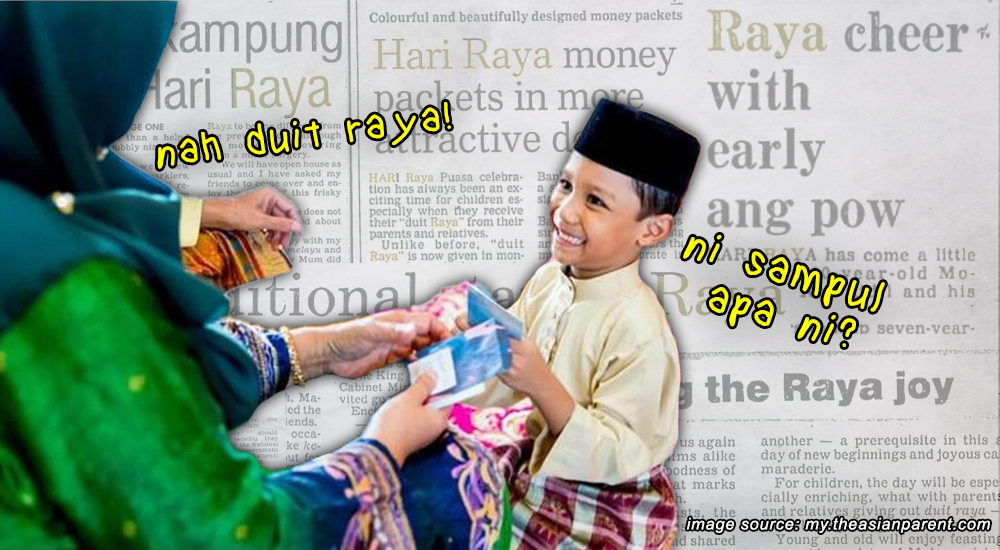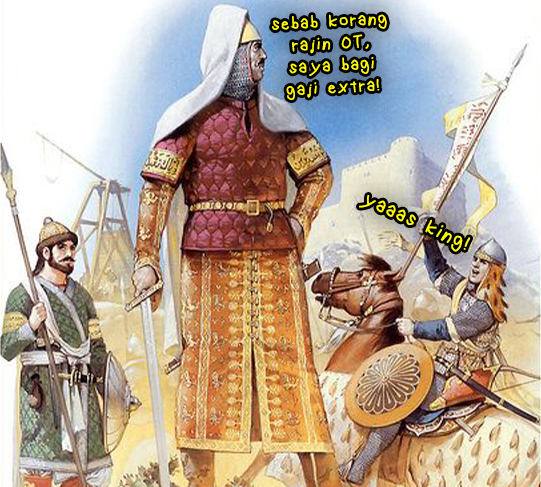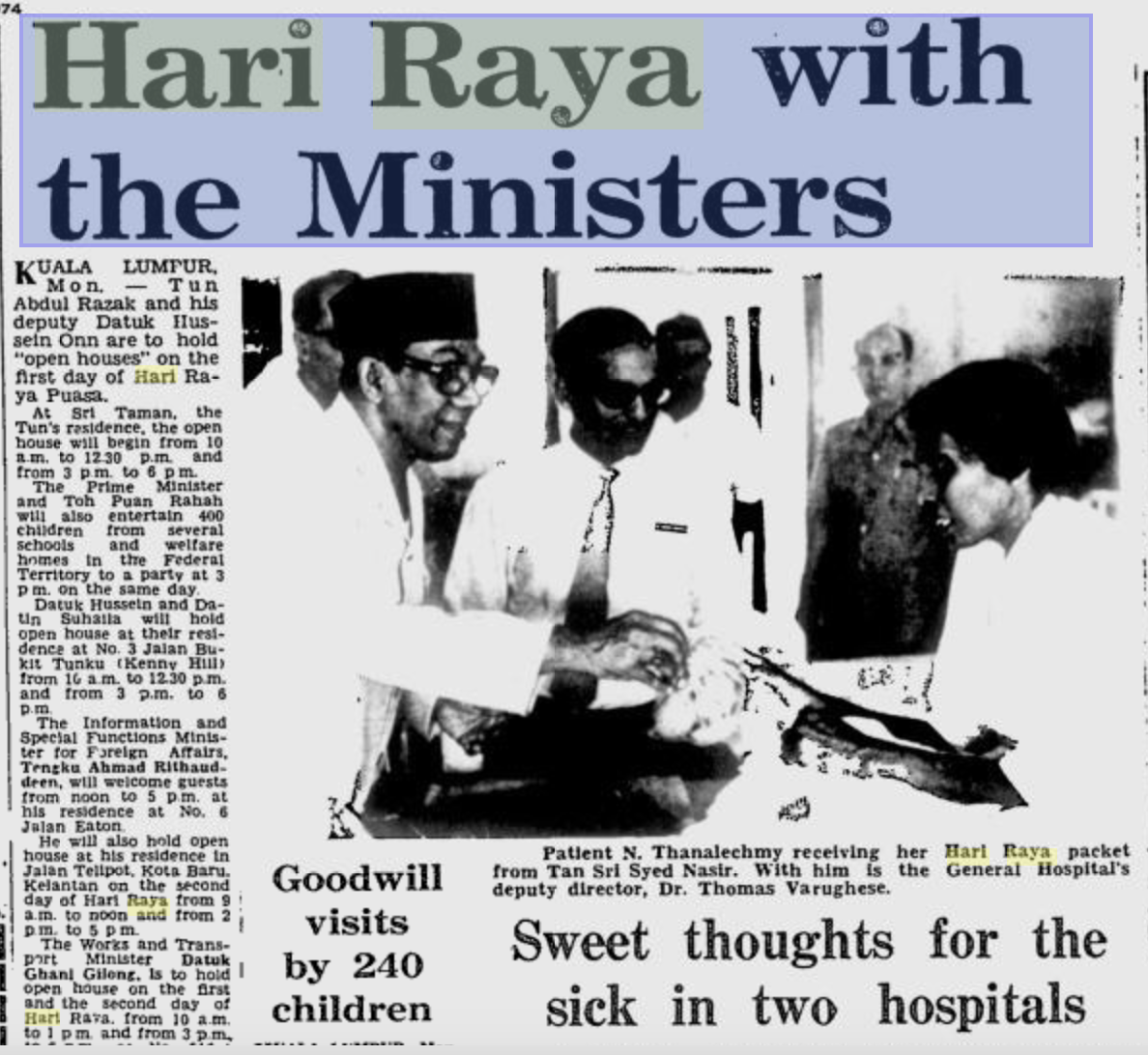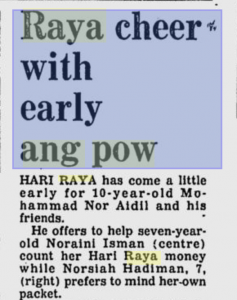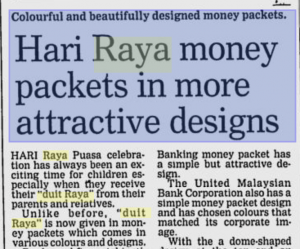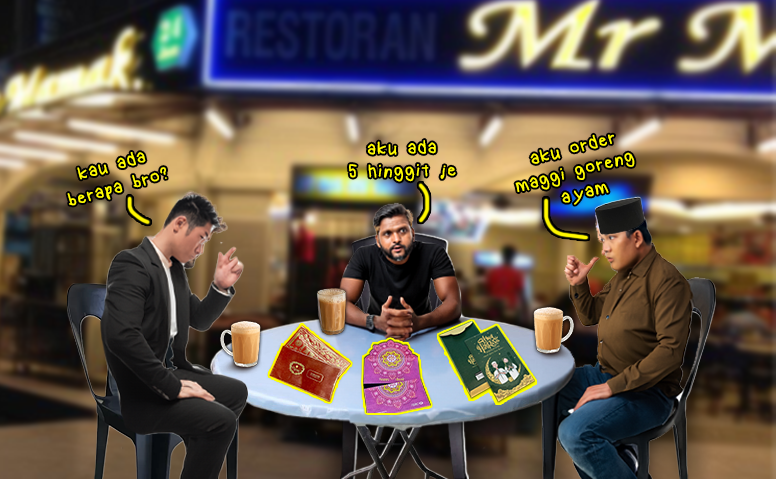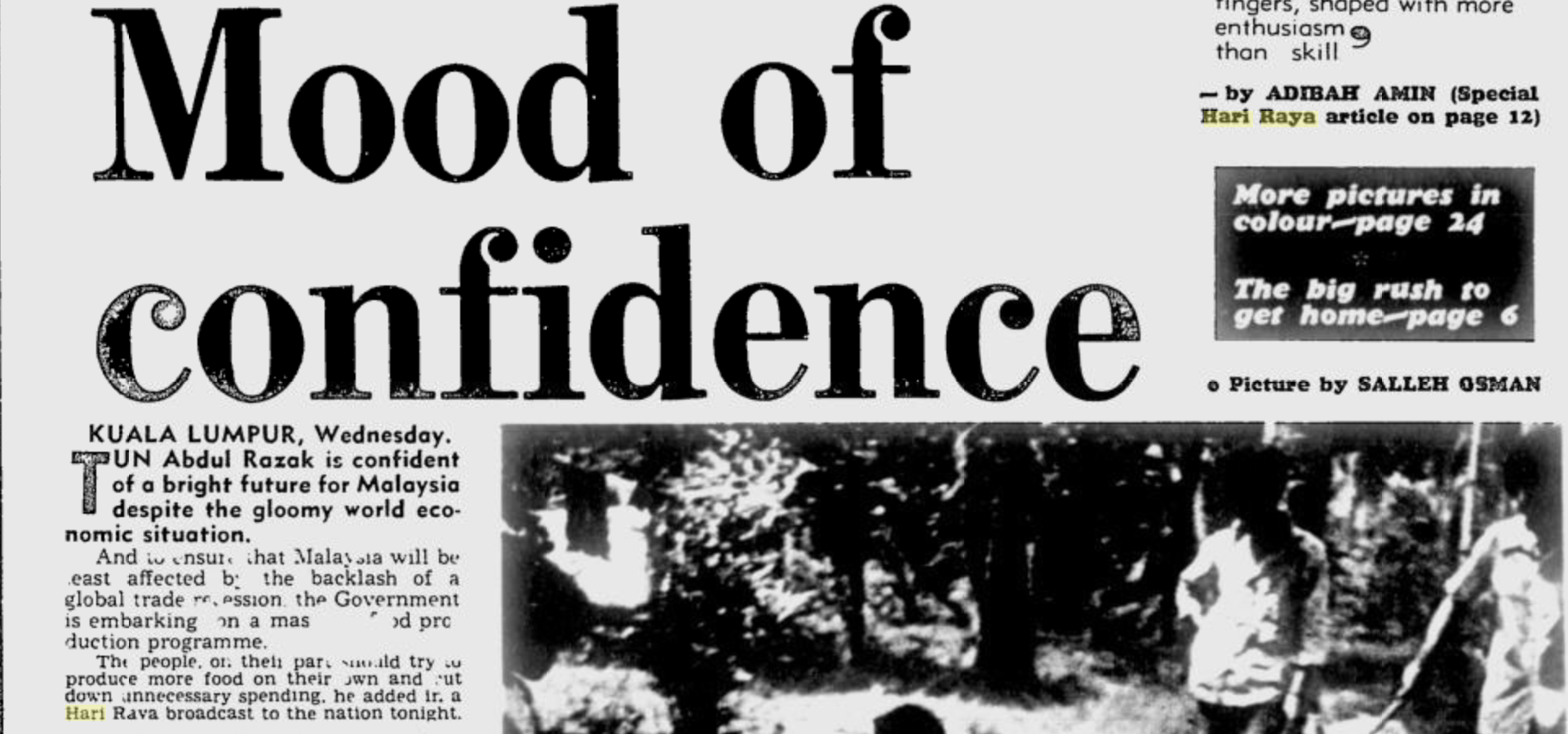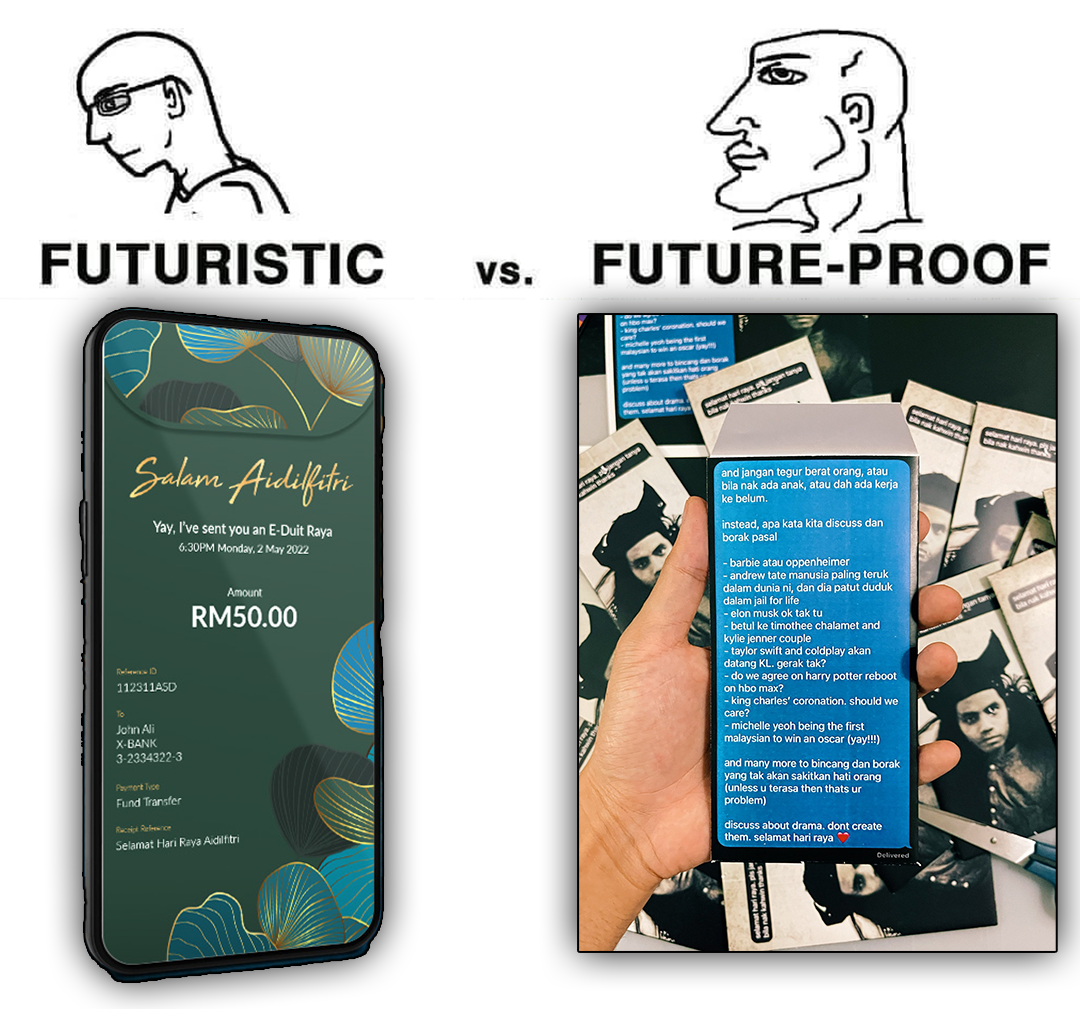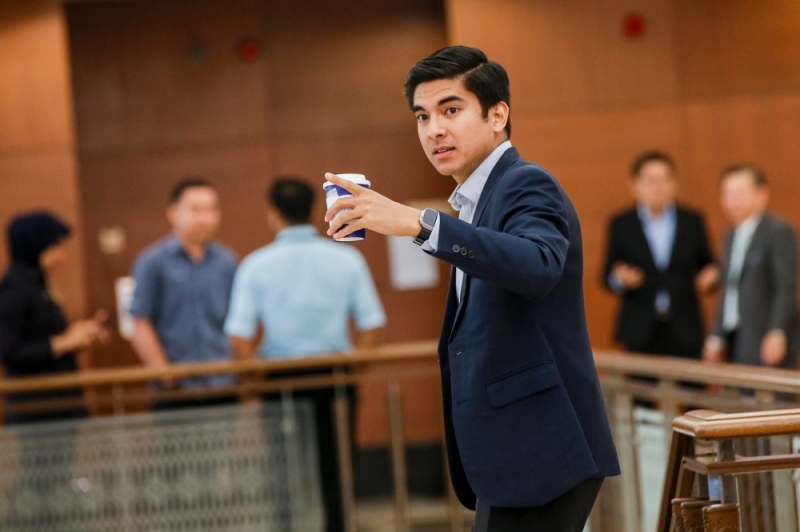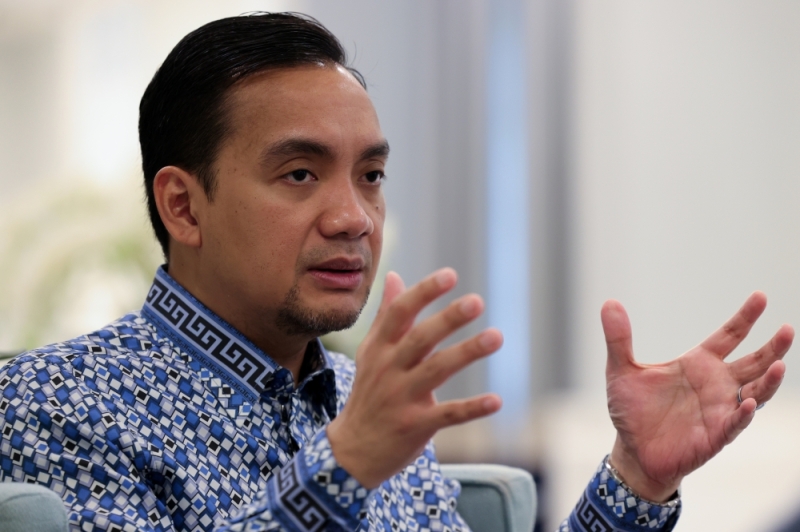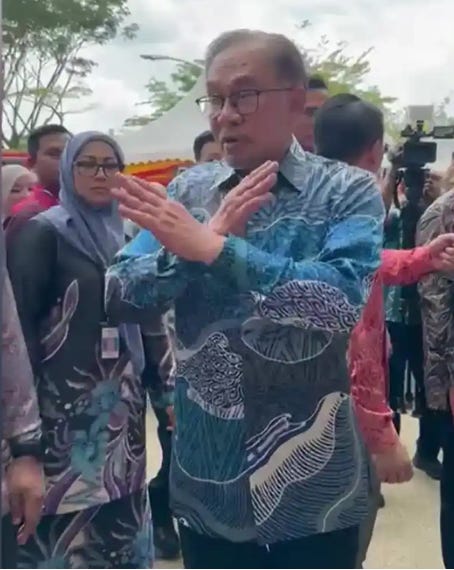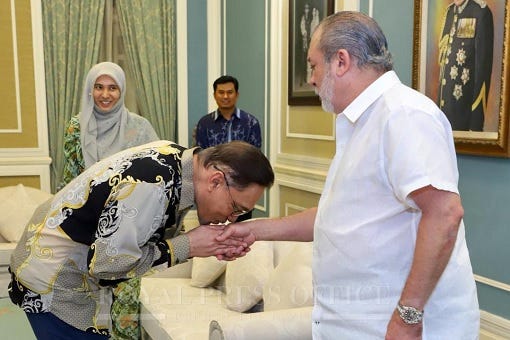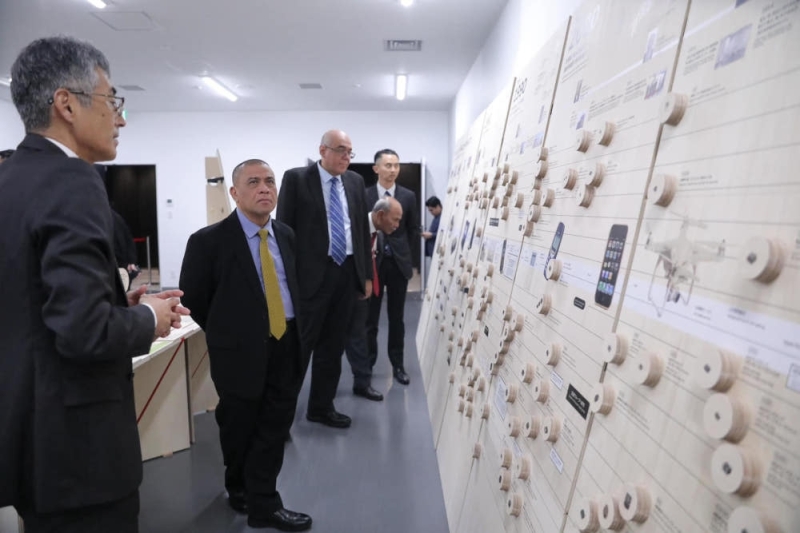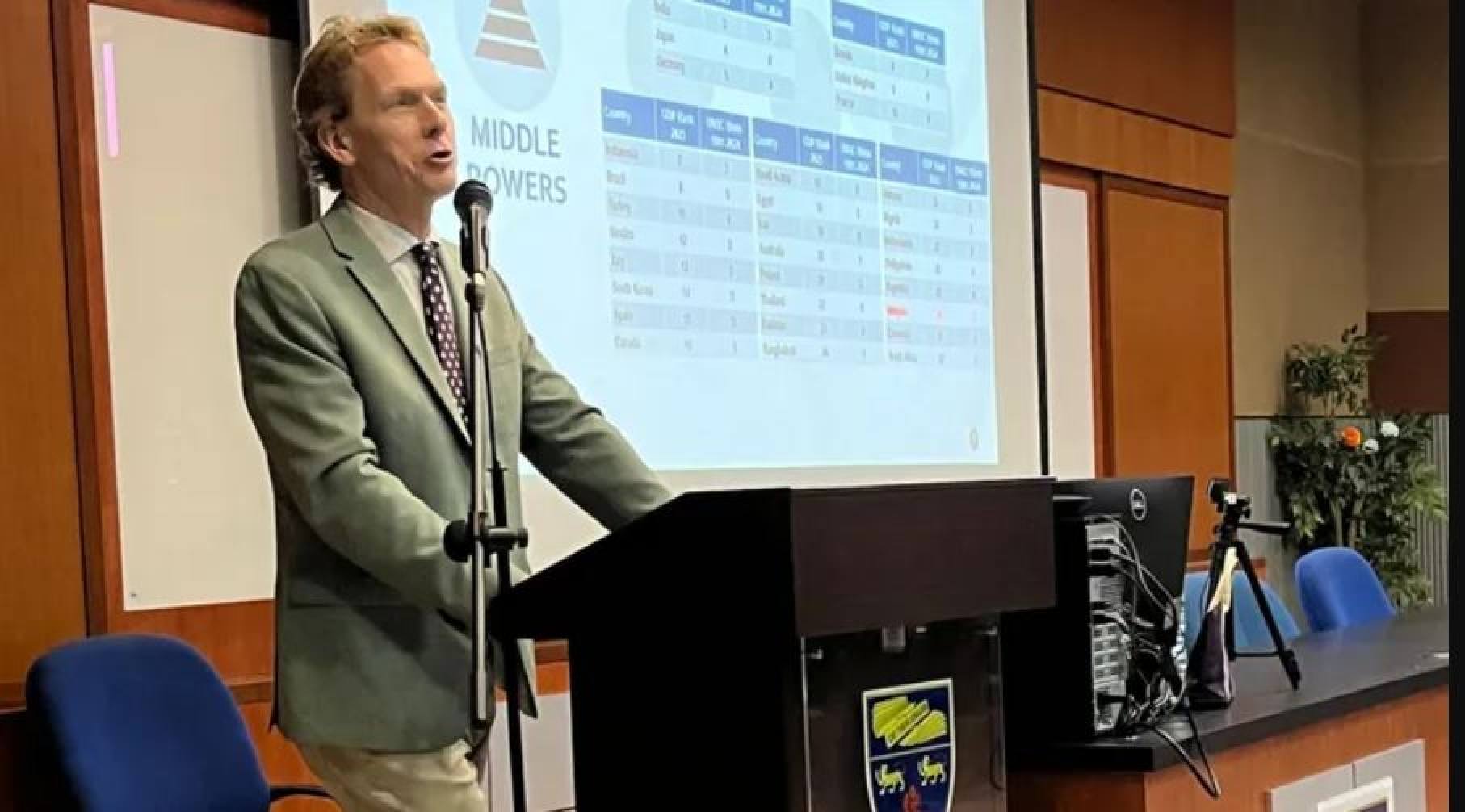
Analysts: With Perikatan snapping at its heels, Kuala Kubu Baru by-election no walk in the park for Anwar’s unity govt
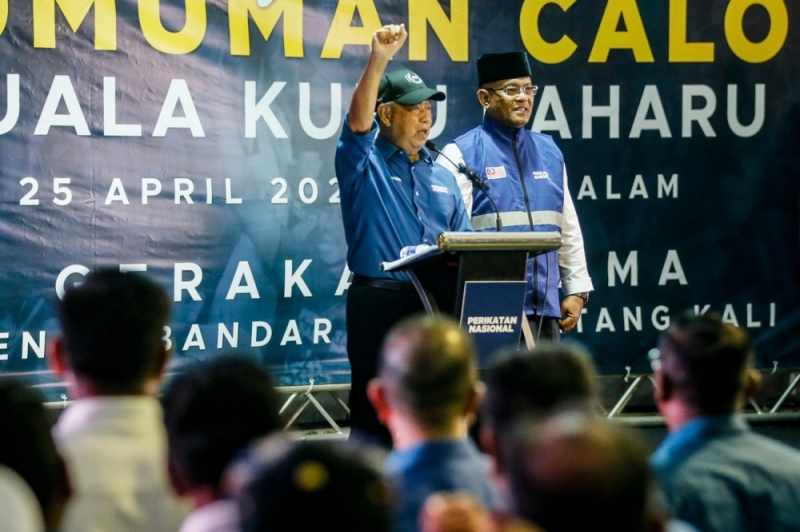
Perikatan Nasional (PN) chairman Tan Sri Muhyiddin Yassin and PN candidate for the Kuala Kubu Baru by-election, Khairul Azhari Saut during the announcement at the PN operations centre in Batang Kali, April 25, 2024. — Picture by Hari Anggara
Saturday, 27 Apr 2024 7:00 AM MYT
KUALA LUMPUR, April 27 — The upcoming Kuala Kubu Baru by-election comes at a pivotal moment for Prime Minister Datuk Seri Anwar Ibrahim’s administration, which has pledged significant reforms and progress but has yet to deliver substantial results.
The seat fell vacant following the death of its three-term assemblyman, Lee Kee Hiong, on March 21 due to cancer.
Marking the seventh by-election under the unity government, this electoral contest unfolds against a backdrop of pressing issues and contentious events.
From the “Allah” socks controversy to the prospect of fuel subsidy reductions, public concern looms large.
As the 47,412 voters in Kuala Kubu Baru prepare to cast their ballots on May 11, the by-election stands as a litmus test for the Anwar administration’s ability to translate promises into tangible change, amidst a landscape marked by scepticism and unresolved challenges.
Green shoots, green wave?
Yet, the current landscape does not guarantee success for Perikatan Nasional (PN) in Selangor, which has, in recent weeks, come to be perceived as a relatively pragmatic coalition, particularly in its response to the “Allah” socks controversy, where it backed a “ceasefire” amid escalating racial tensions.
The 15th general election (GE15) in 2022 and ensuing six state elections in August last year saw the “green wave” spearheaded by PN making further inroads into Selangor, Negeri Sembilan and Penang, while almost shutting out its rivals entirely in Kedah, Kelantan and Terengganu with an average voter turnout of 70.4 per cent.
Presently, however, Parti Pribumi Bersatu Malaysia (Bersatu), the lynchpin party of PN, is putting out fires on the home front as seven of its representatives — six MPs and one Selangor state assemblyman— have thrown their support behind Anwar.
This development has placed Tan Sri Muhyiddin Yassin, the president of Bersatu and chairman of PN, under scrutiny over his leadership abilities.
In an apparent effort to broaden its appeal among non-Malay voters, PN also recently welcomed the Malaysian Indian People’s Party (MIPP) into its ranks as its newest component, led by former MIC leader P. Punithan, who was also appointed as a deputy chairman of the PN coalition.
Selangor MB’s appeal
In last year’s state election, Kuala Kubu Baru incumbent, the late Lee Kee Hiong of DAP, successfully defended the seat, defeating Teoh Kien Hong (Gerakan), Siva Prakash Ramasamy (Muda), and Chang Boon Lai (Parti Rakyat Malaysia) with a majority of 4,119 votes.
Senior fellow at Nusantara Academy for Strategic Research, Azmi Hassan, said he believes this historical trend could repeat itself this time, attributing it more to the positive appeal of Selangor Menteri Besar Datuk Seri Amirudin Shari rather than Anwar’s influence.
“Yes, there are several issues that the federal government faces right now. Voters are quite upset, but this is a by-election in Kuala Kubu Baru. I think the state government of Selangor under Amirudin is doing pretty well. The state government’s efforts will basically save the day for Pakatan Harapan (PH) in Kuala Kubu Baru.
“The chances for PH or the unity government — in this case the DAP — to keep their seat is quite high,” Azmi said, noting that despite PN’s significant influence in the last state election, DAP still clinched the seat with a majority of over 4,000 votes.
Voter patterns
Syaza Syukri, political analyst at the International Islamic University Malaysia (IIUM), shared Azmi’s perspective but warned against underestimating PN’s prospects too hastily.
“I think DAP’s candidate still has a slight edge over PN’s because of the track record within the constituency itself, instead of looking at wider national politics. But it will be tough, because PN will be gunning for Malay votes.
“I think MIPP joining PN could definitely help PN win slightly more Indian voters, more from the community’s unhappiness with the government,” she told Malay Mail.
This view was echoed by Azmil Tayeb, a political analyst with Universiti Sains Malaysia, who agreed that PN might mount a campaign highlighting the government’s perceived weaknesses.
“The unity government’s chances depend on PH’s ability to fire up its supporters and maximise turnout.
“PN could campaign on corruption issues like it did in GE15, especially Zahid Hamidi’s DNAA and Najib’s pardon and house arrest.
“In last year’s state election, there was a discernible shift of Indian voters going to PN. We might see that trend again,” he said when contacted by Malay Mail.
Regarding the possibility of lower voter turnout due to political fatigue, Syaza stated that such by-elections typically witness a reduced number of voters.
“Because of that, every vote matters. The more politically motivated ones will go out to vote, but to get the others, it requires something major like a blunder by the government or something similar to the ‘Allah’ socks issue to rile up the people,” she added.
PN has named Hulu Selangor Bersatu acting division chief Khairul Azhari Saut as its candidate for Kuala Kubu Baru.
Muhyiddin made the announcement at the coalition’s by-election headquarters on Thursday, saying that the PN supreme council had unanimously agreed that the 54-year-old Hulu Selangor-born businessman was the right candidate to secure a win in the state by-election for the Opposition coalition.
PH, meanwhile, announced Pang Sock Tao as its candidate. Pang, 31, previously served as a news presenter for DAP’s UbahTV and as the press secretary to Local Government Minister Nga Kor Ming, among other career highlights.
The Election Commission (EC) has fixed April 27 for nominations and May 11 for polling.
***
kt comments:
Many supporters of DAP are wondering whether to 'frighten' the DSAI government for its 'reformasi' go-starn behaviour and risk the green wave putting its foot into the door?
